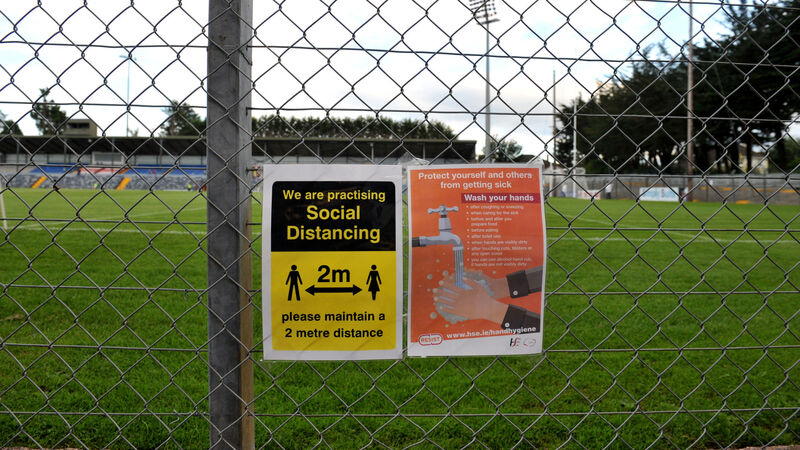Michael Moynihan: What are the changes that won't change back?

Now that we have sport back, some of the effects have been unanticipated. Picture: Larry Cummins
When the virus first laid its dead hand across sports a few months ago, we couldn’t stop speculating.
What exactly would it mean for sport? Would we even have sport? If we did, what precise form would it take, given the way the virus spread?









